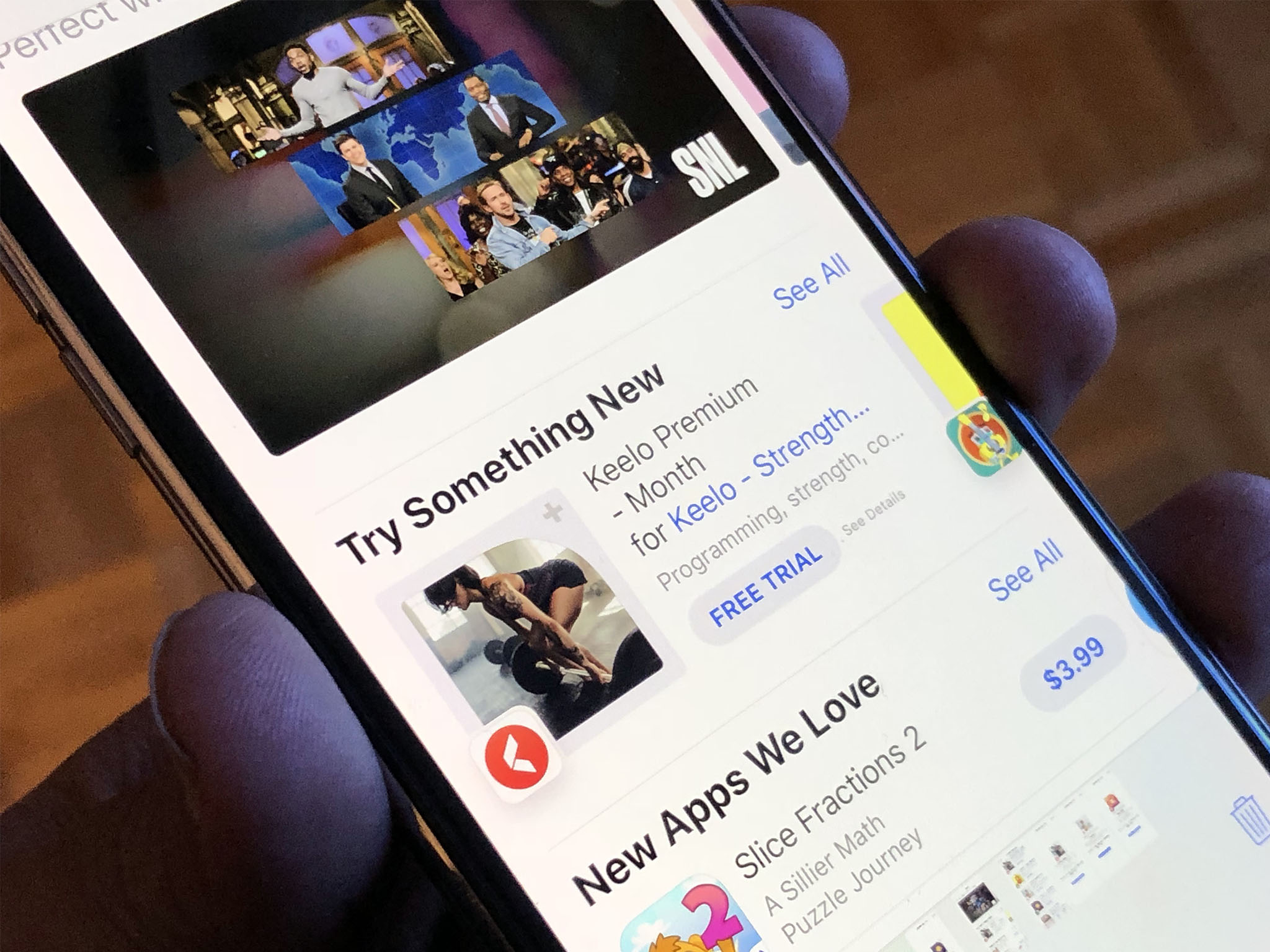House Committee approves huge antitrust bill, but it was close...

iMore offers spot-on advice and guidance from our team of experts, with decades of Apple device experience to lean on. Learn more with iMore!
You are now subscribed
Your newsletter sign-up was successful
What you need to know
- A House Judiciary Committee has approved a package of bills designed to curb big tech.
- The will now be voted on by the House and the Senate.
- They include measures that would seek to prevent companies like Apple from competing with services on the platforms they manage.
A package of antitrust bills designed to curb the power of companies like Apple has been approved by a House Judiciary Committee and will move to a vote in the House.
As WSJ reports:
A House committee approved far-reaching legislation to curb the market dominance of tech giants, including Alphabet Inc.'s Google and Facebook Inc., but much of the effort faced intensive lobbying by affected firms that slowed the committee's work and foreshadowed a pitched battle in the Senate.
As the report notes, the mainstay is a bill called the American Choice and Innovation Online act, that would stop businesses from preferring their own services on platforms they run, for example Apple Music on the iPhone and the App Store. This bill was a close call and only passed by a vote of 24-20, suggesting it could face stiffer opposition further down the line.
Other bills include plans to make it easier for users to move their data between platforms, for example when switching from iOS to Android, as well as changes to how large companies carry out mergers and acquisitions.
The bills are designed to address some of the biggest antitrust complaints raised against companies like Apple, but they are not without their critics. In a recent essay, Benedict Evans highlighted some of the flaws in the proposed legislation:
Unfortunately, the 'Ending Platform Monopolies' law is impossibly broad. Google, Apple, Facebook, Amazon and Microsoft would be banned from doing anything on their platforms that anyone else might do, and from anything that might be a conflict of interest. They would not just be banned from favouring their own products - they'd be banned from having any products at all that they could theoretically favour. This of course comes from a framing that 'if you own a platform you can't compete on it' - Apple or Google should not have any products or features that compete with companies on their platforms. That sounds very clear - Elizabeth Warren made it a mantra. But what if I want to sell a camera app for your iPhone? OK, so Apple can't include a camera app - or a clock, or an email app, or indeed a user interface or a file system. An Android phone has its own TCP/IP stack (in the 90s Windows did not, and you had to buy one), but other people would like to sell you that if it wasn't there, so that's a clear conflict of interest and has to go.
In an unusual move, Apple has gone on the offensive to quash the prospect of sideloading on iOS and other practices that could be forced by emerging measures, warning of the grave dangers posed by the practice in a paper yesterday and stating such a practice would eliminate choice for users.
iMore offers spot-on advice and guidance from our team of experts, with decades of Apple device experience to lean on. Learn more with iMore!

Stephen Warwick has written about Apple for five years at iMore and previously elsewhere. He covers all of iMore's latest breaking news regarding all of Apple's products and services, both hardware and software. Stephen has interviewed industry experts in a range of fields including finance, litigation, security, and more. He also specializes in curating and reviewing audio hardware and has experience beyond journalism in sound engineering, production, and design.
Before becoming a writer Stephen studied Ancient History at University and also worked at Apple for more than two years. Stephen is also a host on the iMore show, a weekly podcast recorded live that discusses the latest in breaking Apple news, as well as featuring fun trivia about all things Apple. Follow him on Twitter @stephenwarwick9
